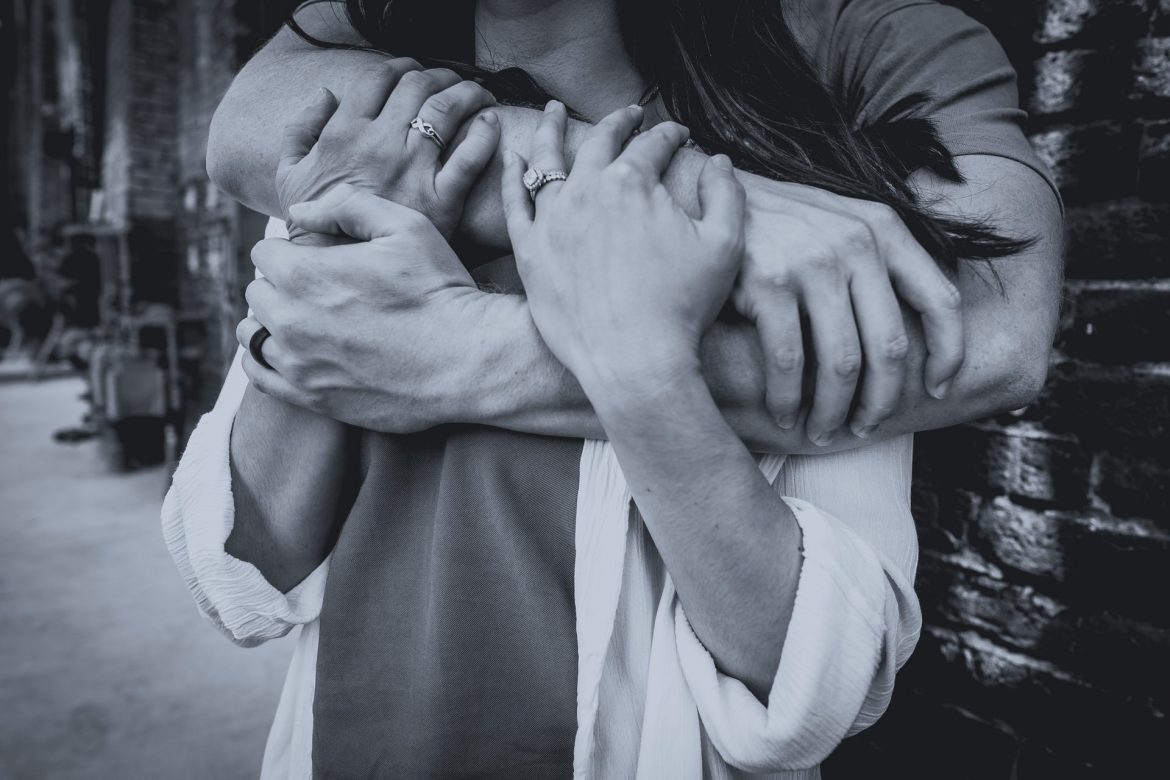Most people are familiar with concepts like The Five Love Languages, which help to frame specific aspects of a relationship and what can be done to strengthen it. In my experience working with couples through relationship therapy, psychological safety in a relationship is an equally important but oft overlooked building block for any couple. Have you worked on it with your partner, whether explicitly or implicitly?
What is psychological safety?
Psychological safety in a relationship is being able to trust your partner with your emotional needs. This means being comfortable to share your thoughts and feelings with your partner without worry that your partner may put your down, tell you that you are in the wrong, or risk a fight with them.
This is an innate need, because we are hardwired with a deep desire to feel safe and secure. We have evolved to constantly be on the lookout for danger, and are conditioned to avoid people and things that bring us harm. Is this person trustworthy? Can I share what I feel without being ridiculed? We ask ourselves these questions all the time when evaluating our interactions with others – whether we are conscious of it or not.
When psychological safety in a relationship is present, we are more willing to show our vulnerable side, and it is this mutual disclosure that brings partners closer together. It is thus a critical building block to forming a strong emotional connection.

Signs of a psychologically unsafe relationship
A relationship without psychological safety feels empty and unfulfilling at best and, at worst, is filled with tension and conflict. A person may feel the constant hum of anxiety, worry about triggering an adverse reaction from his/her partner, or end up just treading gingerly through every interaction – almost like walking through a minefield.
Unfortunately, the lack of psychological safety in a relationship usually precipitates other problems, and can cause its eventual demise if active steps are not taken. Things often escalate as partners lose more and more trust in each other, and start losing sight of the things that made their partner attractive in the first place. As the feelings of love and affection diminish, the partners end up having even less motivation and patience to empathise with each other, and start to think even less of them. This downward spiral, it not arrested, can and does lead to the demise of a relationship.
Given how critical psychological safety in a relationship is, it is important to build it up early on. If you have been in a relationship for some time and find it lacking in psychological safety, fret not, because it can still be built up!

That’s not all…
In our next story, we will share some steps that can be taken to build up psychological safety in a relationship. If you feel that a third party is necessary for more insight, or to mediate and resolve some long standing issues that prevents it from being built, then speak to a psychologist who works with couples in relationship therapy – whether alone or with your partner.

